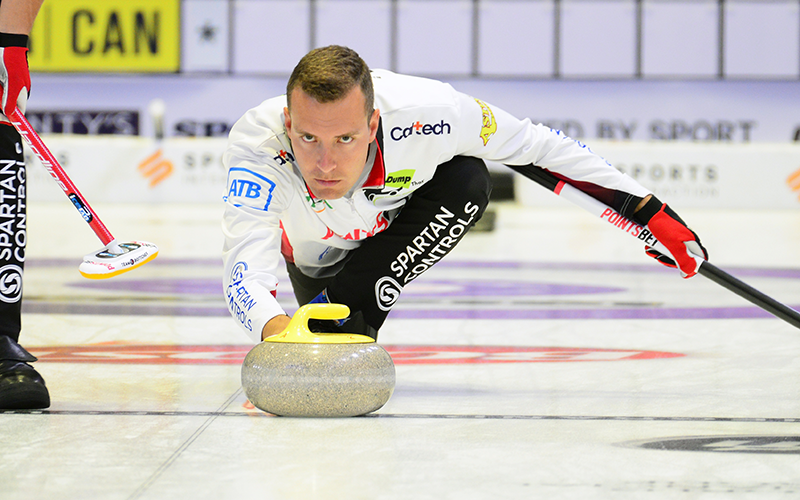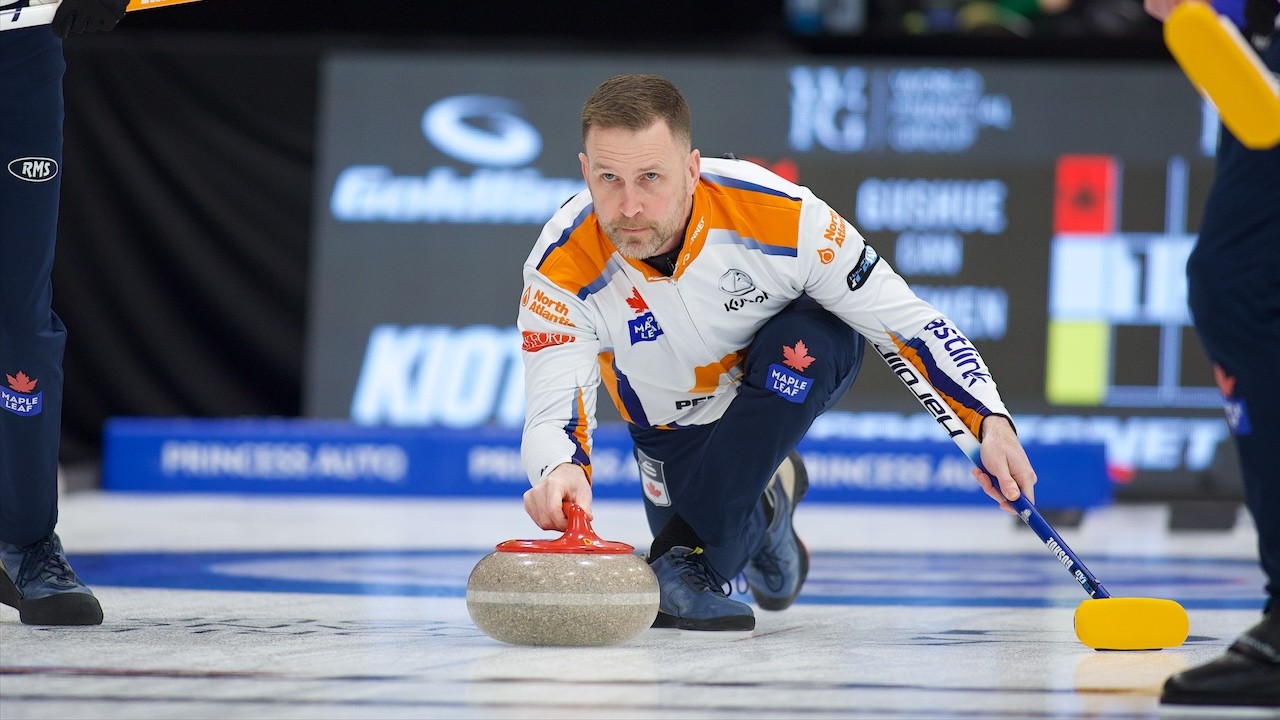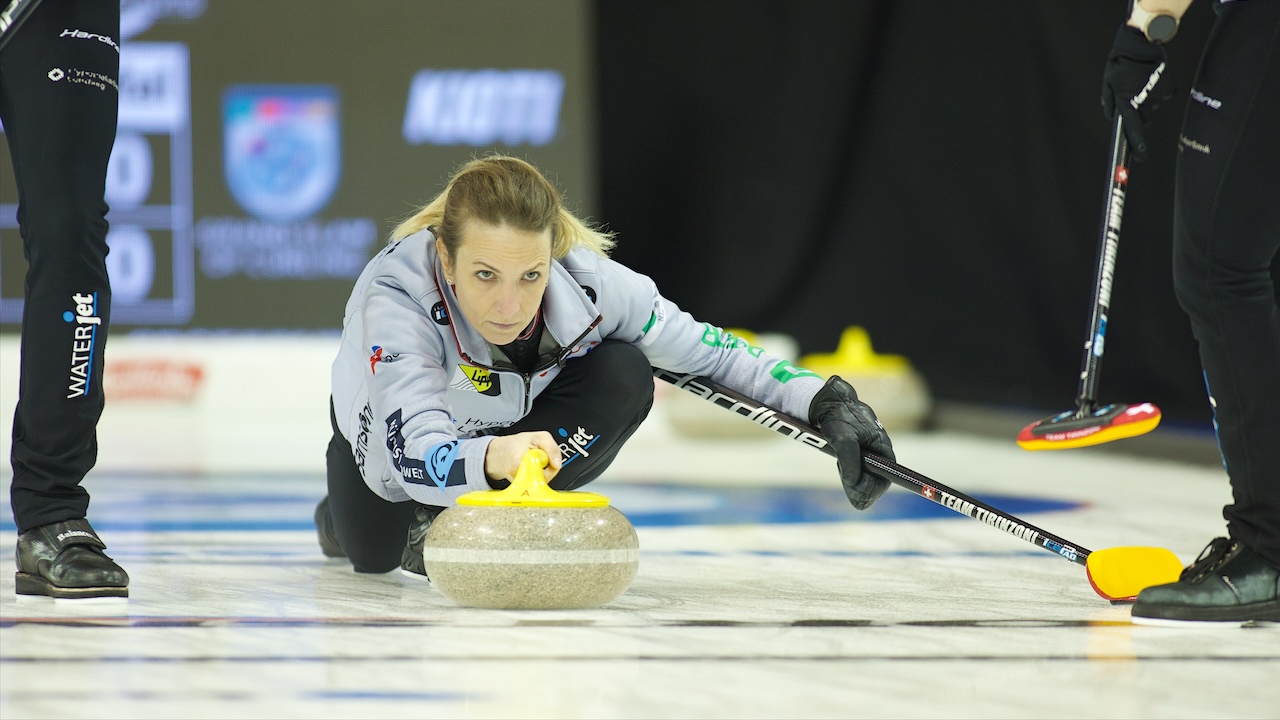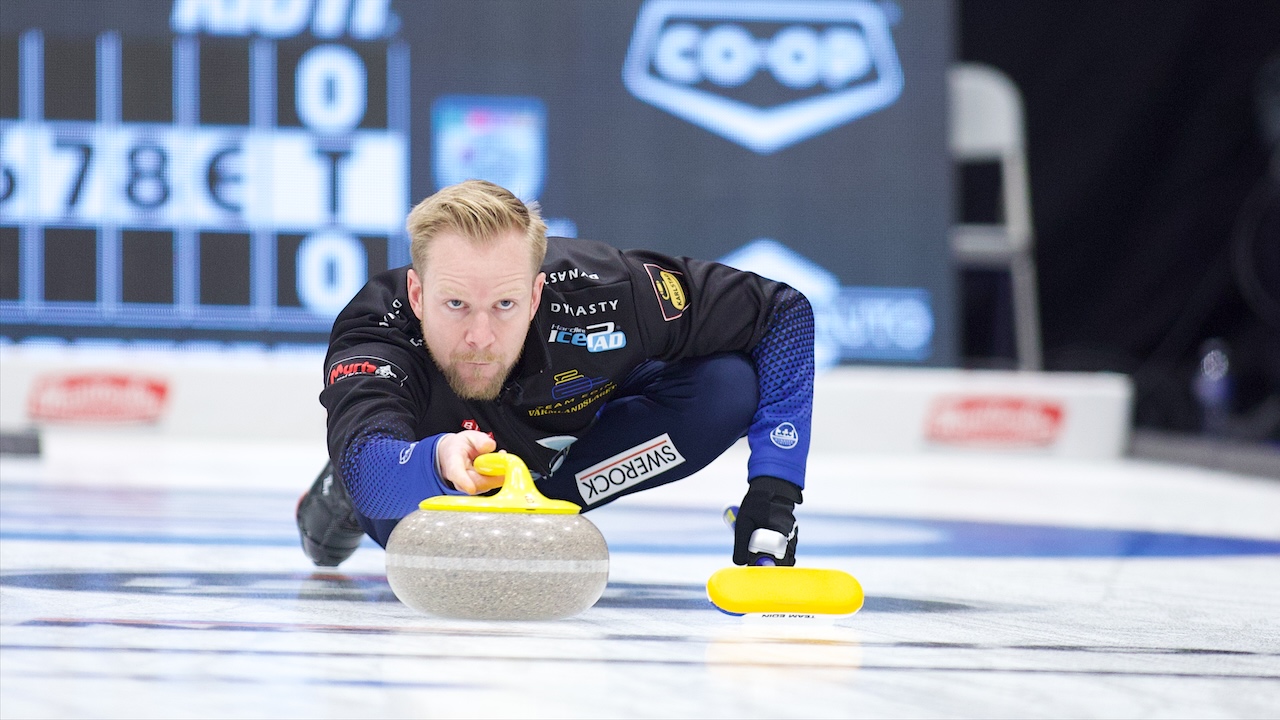NathanGreen
Harvey Hacksmasher
Registered: Dec 2023
Location:
Posts: 23 |
Addiction has a huge impact on societ
Addiction has a huge impact on society in ways we are just beginning to understand, it's affecting individuals and communities in diverse ways. Traditionally it's associated with substance abuse, addiction manifests in various forms, ranging from compulsive shopping to disordered eating and problematic online pornography use (POPU). These addictive behaviors can disrupt lives, strain relationships, and undermine well-being, posing significant challenges to both individuals and the world at large.
No matter what addiction afflicts the individual, it still has the same damaging impact on the brain. For us to completely understand addiction we must uncover its many hidden forms. We must also call addiction out for what it truly is, a disease. This disease affects many people, leaving them feeling hopeless and in distress.
What is addiction?
I describe addiction as the "dis ease" of the brain. "Dis", the prefix, as seen in the word distant means far from. It could also refer to absence, reversal or "not functioning properly". Ease, the root word, describes a state of comfort and well being. So when putting them together you get far from comfort or far from well being. So with brain disease in mind, the brain is far from it's healthy state under these conditions. The departure from a state of ease or normal functioning, tells us all about the the disruptive nature of the disease on the brain's well-being.
Now we understand that the word "disease" typically refers to a specific medical condition or disorder that affects an organism, often involving abnormal functioning of the body or in this case the mind (which can effect the body). It implies a departure from a state of health or normal physiological functioning.
When observing the word addiction we notice the word add. This part of the word comes from the Latin word "addere," meaning "to give, bring to, or attach to." In the context of addiction, it implies attaching oneself to something.
According to the National Institute on Drug Abuse (NIDA), addiction is a chronic, relapsing disorder. It's a brain disorder that involves changes to brain circuits involved in reward , stress, and self-control.
The medical term used for addiction is substance use disorder. It's a treatable, chronic medical disease that involves complex interactions among brain circuits, genetics , the environment, and a person's life experiences.
People who are addicted to drugs or substances (addicts) are often called "dope heads" because they're always chasing after dopamine, a chemical in the brain that makes you feel good. It's likely that this term came from doctors who know about the science behind addiction and how dopamine affects it.
The Science
Addiction is an ongoing battle with the mind, a struggle that affects individuals across different forms of addictive behaviors. Regardless of the addiction, whether it's substance abuse, compulsive shopping, disordered eating, or problematic online pornography use, the impact on the brain remains consistent and damaging. The brain undergoes profound changes that make quitting very difficult.
At the heart of addiction lies dopamine, a neurotransmitter that serves as a key player in the brain's pleasure and reward system. Normally, the brain maintains a certain level of dopamine, but addictive substances or behaviors flood the brain with dopamine, creating a heightened sense of pleasure and euphoria. This flood of dopamine triggers a strong desire to repeat the behavior that caused it, leading to cravings and a relentless pursuit of that temporary high.
Dopamine also influences motivation, drive, and perception of time, further fueling the addictive cycle. Addicts find themselves driven by an insatiable craving for the pleasure they once experienced, often unaware of the time slipping away as they chase after their next fix.
Understanding this neurological aspect of addiction is crucial, as it highlights the challenges faced by individuals grappling with addictive behaviors. Breaking free from addiction requires adjusting the brain's chemistry and finding ways to replace short-lived euphoria with long-lasting rewards. However, for many addicts, this shift in perception proves to be a daunting task, this shows us the tight and pervasive grip addiction can have on one's life.
The Brain
Understanding the neuroscience of addiction involves exploring how the brain's reward system works, especially focusing on the key neurotransmitter dopamine. As previously stated, Dopamine plays a crucial role in shaping our behaviors and motivations.
Imagine dopamine as a messenger in the brain, delivering signals that make us feel good when we do something enjoyable, like eating delicious food or spending time with loved ones. Dopamine operates through two main pathways: the reward pathway and the movement pathway.
Reward Pathway (mesocorticolimbic pathway): This pathway is like a highway in the brain that connects areas involved in experiencing pleasure and motivation. When we engage in activities that make us feel good, like eating our favorite dessert or winning a game, dopamine is released along this pathway, making us feel happy and motivated to repeat those activities.
Movement Pathway (nigrostriatal pathway): This pathway is more about physical movement. Dopamine helps control our ability to move smoothly and efficiently. It's like the conductor of an orchestra, coordinating different parts of the brain involved in movement.
Dopamine works with other chemicals in the brain, like glutamate, to carry out its effects. It can be released in two different ways:
Tonic Release: This is like a steady stream of dopamine, maintaining a baseline level of good feelings.
Phasic Release: This is like a sudden burst of dopamine, like when we get a surprise reward or experience something unexpectedly enjoyable.
But addiction throws this whole system out of balance. When someone becomes addicted to something, whether it's drugs, gambling, or even shopping, their brain's reward system gets hijacked. Instead of responding to normal, everyday pleasures, the brain becomes hyper-focused on the addictive substance or behavior. As a result...
Dopamine levels become dysregulated, with the brain craving more and more of the addictive substance or behavior to feel the same level of pleasure.
Motivation and drive become centered around obtaining the addictive substance or engaging in the addictive behavior, often at the expense of other important aspects of life.
Decision-making and impulse control, which are normally regulated by areas of the brain like the prefrontal cortex, are compromised. This makes it harder for someone to resist the urge to engage in addictive behaviors, even when they know it's harmful.
Additionally, when someone tries to quit an addiction, they often experience withdrawal symptoms. These symptoms can include low motivation, difficulty moving, and impaired decision-making, making it even harder to break free from the addictive cycle.
Addiction is like a glitch in the brain's reward system, causing it to prioritize addictive behaviors over everything else. Understanding this neuroscience helps us recognize the challenges people face when trying to overcome addiction and the importance of providing support and resources to help them on their journey to recovery.
Report this post to a moderator | IP: Logged
|


 CurlingZone >
CurlingZone > 





























